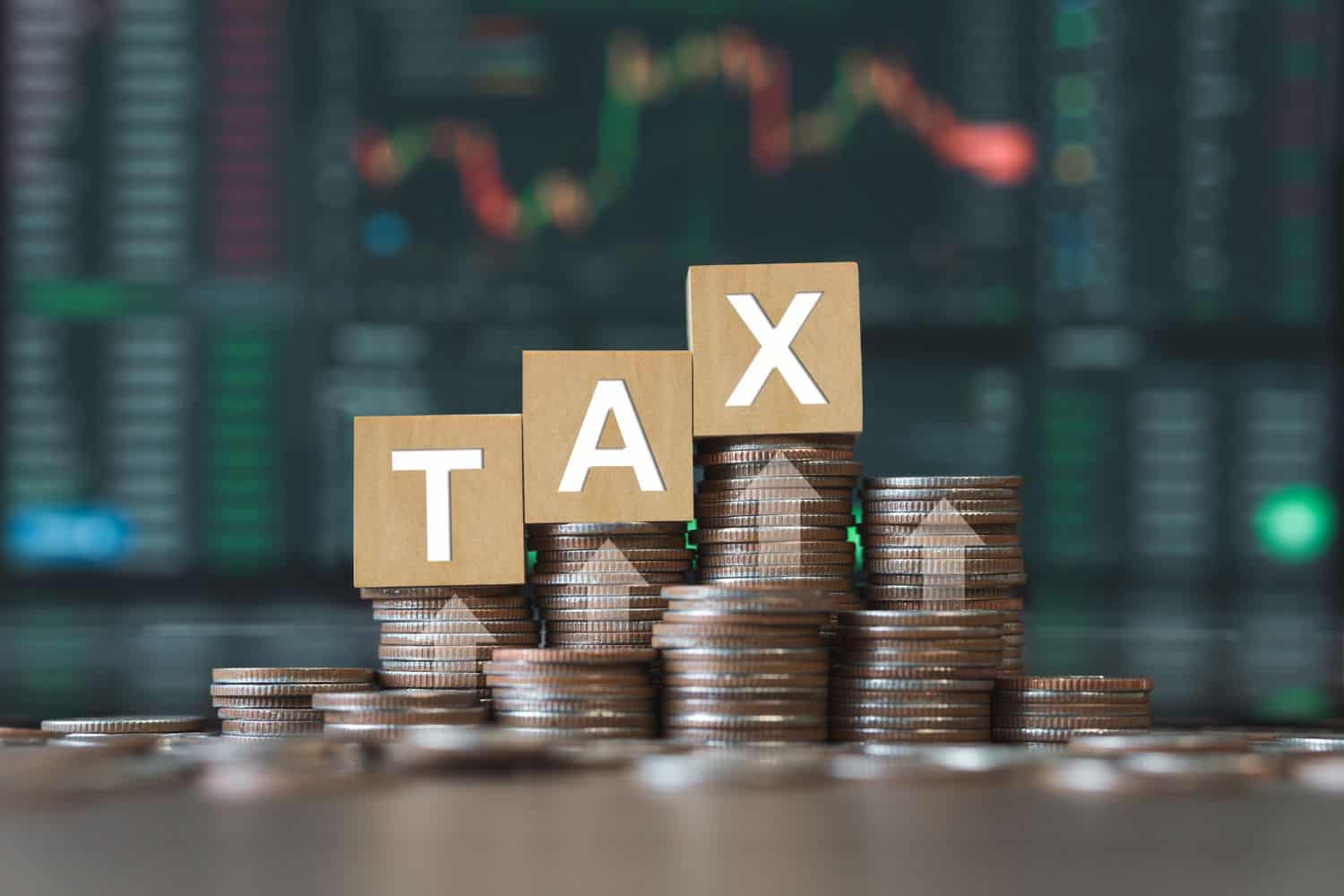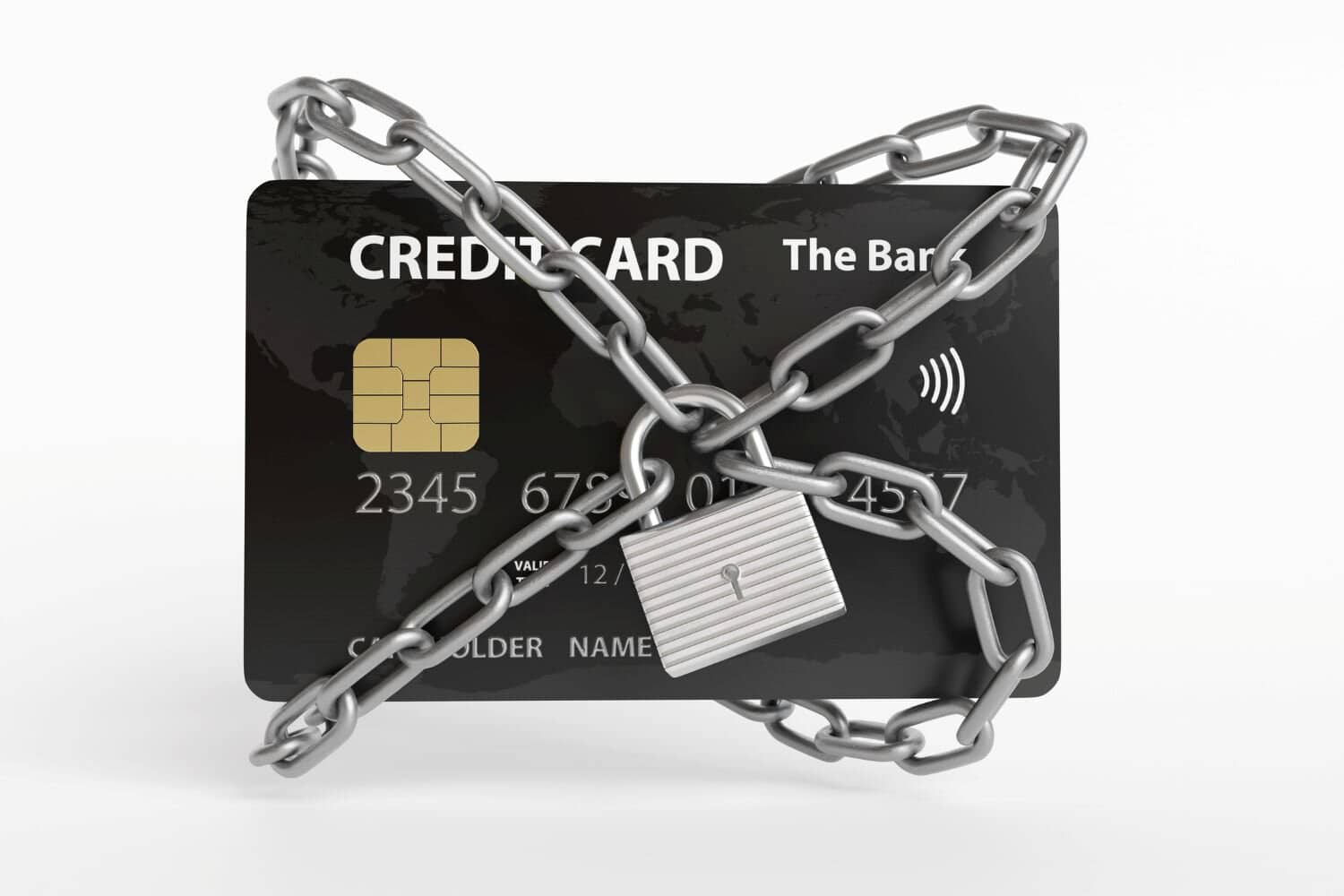Various amendments to the Companies Act (Act 71 of 2008) came into effect on 27 December 2024. These amendments were contained in the Companies Amendment Act (Act 16 of 2024) and in the Companies Second Amendment Act (Act 17 of 2024).
As a result of the amendments made to section 48(8), which governs share buybacks, private companies may need to amend a few provisions in their memorandums of incorporation (“MOI”). This will be the case where the MOI repeats the requirements of the older version of section 48(8). Updating their MOIs will be desirable so that the company can benefit from the more beneficial new position in the Companies Act.
BUSINESS INSIGHTS: Companies cannot own members’ interest in close corporations
(Our clients need not make these amendments to the MOIs that we have drafted for them, but the information below about the amendments may still be of interest.)
Before these amendments came into effect, if the company wanted to buy back more than 5% of the issued shares of any class of its shares, it had to comply with all of the procedural requirements that apply to a scheme of arrangement (in section 114 and 115), and the consequent rights of shareholders in respect of a proposed scheme of arrangement also arose. Those requirements and consequences were quite onerous, could cause a delay in implementing the transaction, and would result in increased costs of the transaction. They included the following:
- The requirement for an in-person shareholders meeting where the special resolution to approve the buyback would be tabled (no round-robin resolutions were allowed);
- The board must engage an independent expert’s services to produce a report dealing with the fairness of the proposed share buyback transaction. This report then had to be shared with all shareholders;
- A shareholder who voted against the proposed buyback could exercise their appraisal rights (under section 164), which would oblige the company to buy that shareholder’s shares at a set value;
- Shareholders who opposed the proposed buyback resolution, if they represented at least 15% of the voting rights that were exercised on that resolution, could approach a court to review the proposed buyback transaction, and the company would be prohibited from implementing the buy-back while the court review was in process;
Under the recent amendments, all of the above falls away, and only a special resolution is required to approve the buy-back, which can be passed by round robin and need not be done in an in-person meeting. This special resolution is however not required if the buyback forms part of a pro rata offer to all shareholders of the company or a particular share class (see the full wording of this exception in section 48(8)(b)], or unless the buyback will occur on a recognized stock exchange.�
The Validity of an Electronic Signature
One negative change for private companies is that now a buyback of less than 5% of any one class of shares also requires approval by special resolution. Previously, a board resolution sufficed for this, as long as the buyback was not from a director, prescribed officer or person related to either of those. In balance, the current Companies Act position regarding buybacks is far more favourable to a company and its shareholders that wish to implement one.
How will these amendments impact your company’s approach to share buybacks? Share your thoughts in the comments!
Written by Abigail Reynolds (Corporate & Commercial Law Specialist)
This article was originally published by Reynolds Attorneys














